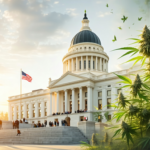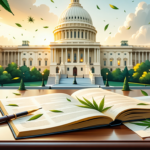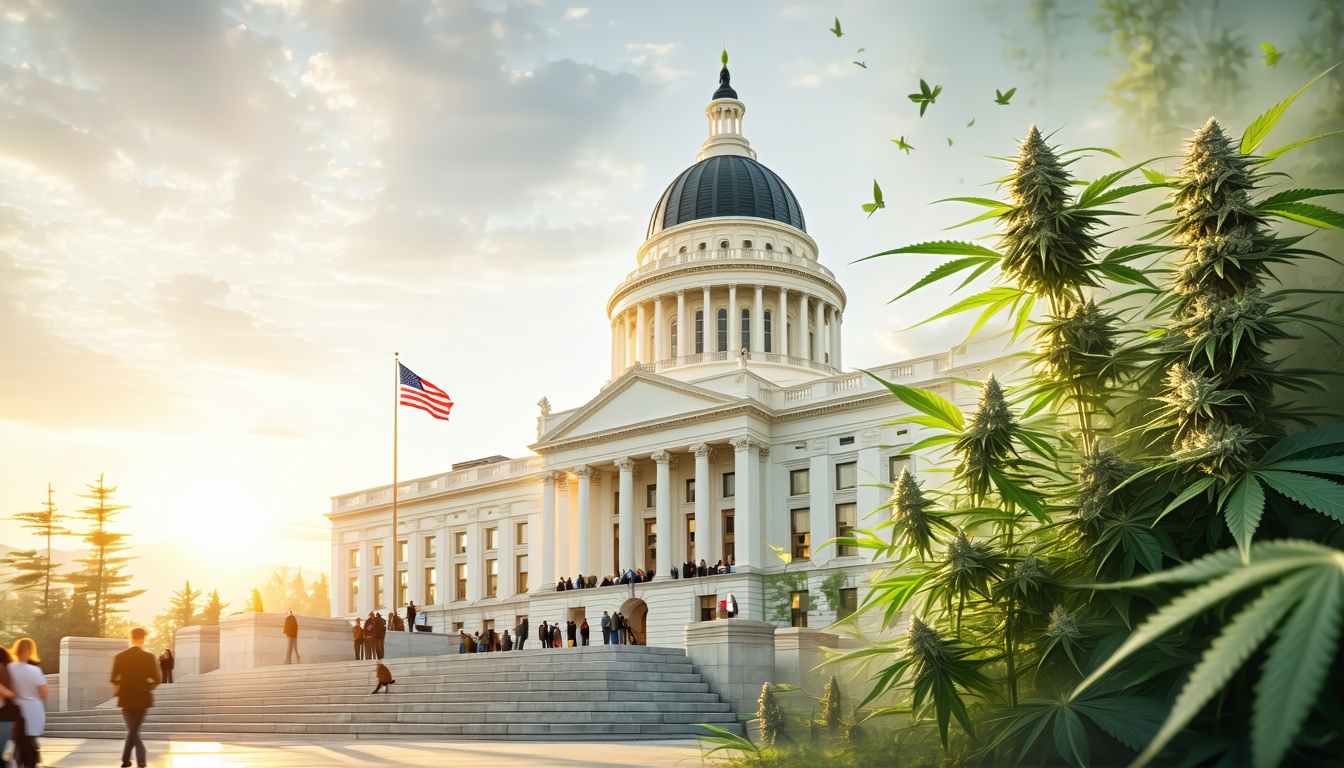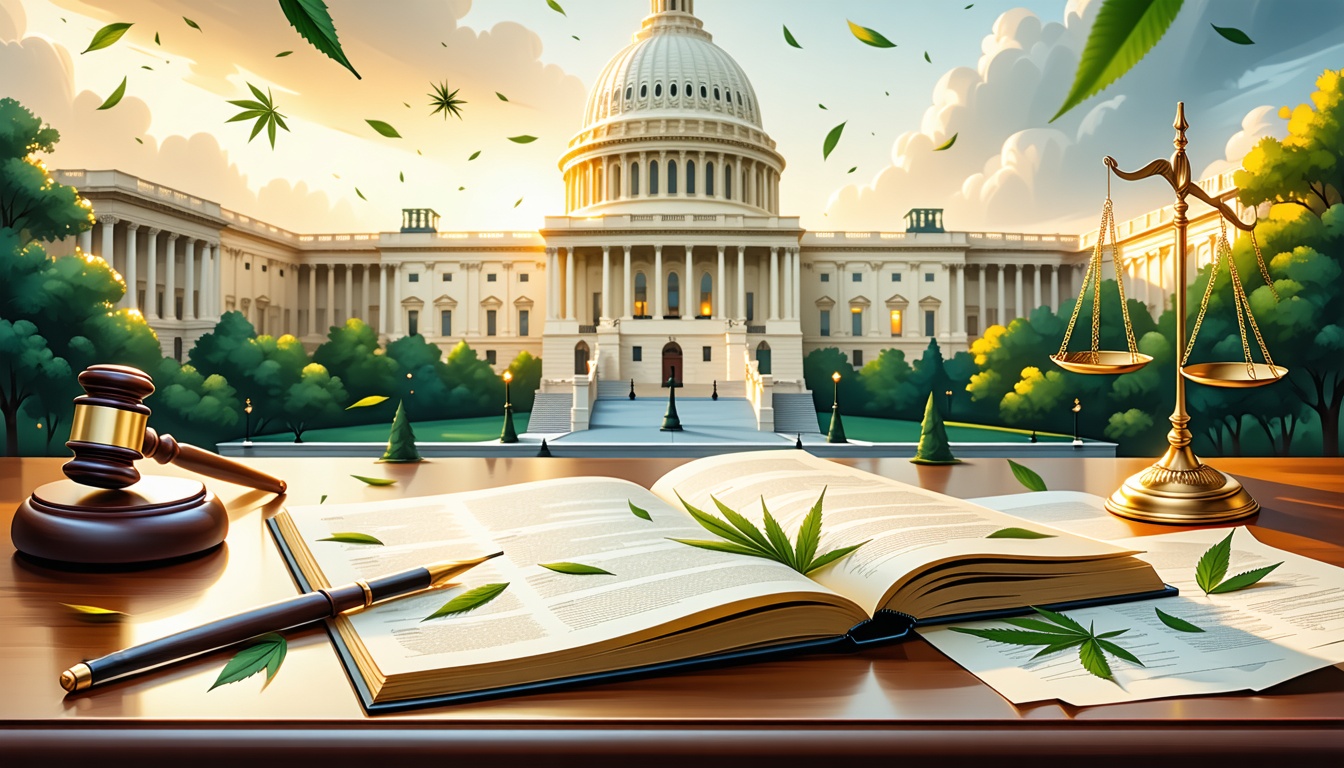New Federal Legislation Aims to Regulate THC and CBD Products
A recent federal law, set to take effect in November 2026, is poised to have a significant impact on the production and sale of THC and CBD products. The legislation bans products containing more than 0.4 milligrams of THC, the compound responsible for marijuana’s psychoactive effects.
For local hemp businesses like Carolina Dream, the law could have devastating consequences. According to Chief Strategy Officer Zachary Serrins, the ban would effectively shut down their operations. The company produces a range of products, including pain creams and sleep aids, some of which contain small amounts of THC.
Serrins expressed concerns that the law’s language could also prevent manufacturers from producing CBD products, which are often sold as dietary supplements or used in personal care products. CBD, or cannabidiol, is a non-psychoactive compound found in cannabis.
While some industry leaders view the legislation as a step towards establishing clear regulations, others are worried about the potential impact on their businesses. Jack Waibel, vice president of operations at High Rise Beverage, a Lowcountry company that sells THC and CBD seltzers, believes the law creates a roadmap for future regulation.
Serrins agrees that the ban could lead to better regulatory frameworks, citing safety concerns about THC. He believes that regulation is necessary to prevent children from accessing psychoactive substances and to ensure responsible use among adults.
The hemp industry is hopeful that the new law will pave the way for future regulation, allowing adults to use THC and CBD products responsibly. The law is set to take full effect in November 2026, and its impact on the industry remains to be seen.












